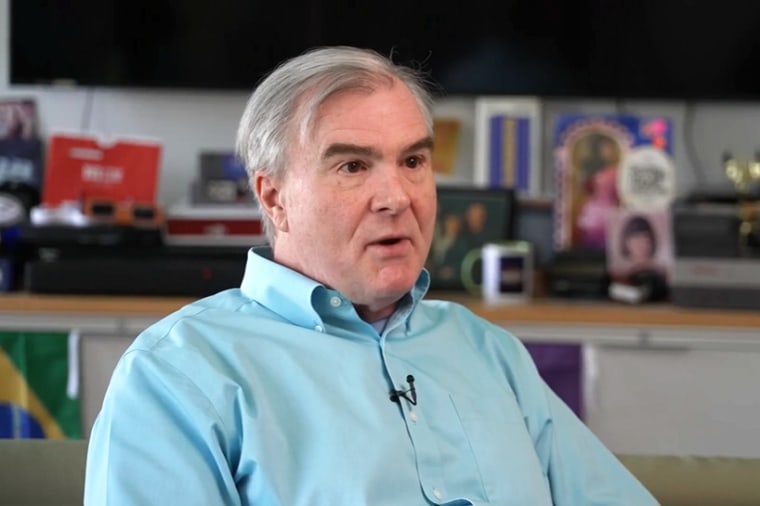Education
Syracuse professor shows how bygone pop culture references can bridge generations

SYRACUSE, New York — University professor Bob Thompson has been “teaching television” for about 40 years, tracing his interest in watching the tube back to reruns of Groucho Marx.
“That to me, is a medium and an art form different from any other art form in its own unique ways,” the Syracuse professor says.
On a Tuesday 18 years ago, Thompson hosted an informal get-together to watch unedited TV broadcasts — beginning with the Kennedy assassination news breaks, but later transitioning into lighter content.

In the following Tuesdays, Thompson would introduce episodes of “Howdy Doody” (“ran for president … didn’t win”), “Mr. Ed” (“about a talking horse!”), and “The Flying Nun” (“about a nun who flies!”). Other days have featured viewings of “MASH,” “The Twilight Zone” and the early days of YouTube.
His joy in the class comes from the intergenerational sharing of pop culture. In its current form, “Tuesdays with Bleier,” a reference to Thompson’s dedicated university program on TV, sparks conversation among students and faculty of all ages and backgrounds — including janitorial staff.
“To be able to connect with people who are much older than you about stuff that they watched when they were a kid, and see them light up about it. It’s really beautiful,” said Yasmin Tiana Goring, a Syracuse graduate student. Goring is also Thompson’s teaching assistant.
His students have left his classes with new cultural reference points, helping them at times connect with their parents.
“Out of context, I would text my mom and be like, have you seen ‘Mork & Mindy’ before, or ALF,’” said Sam Turin, a sophomore who brought his parents to the spring semester’s final Tuesday showing.
Thompson recalls that the ‘Howdy Doody’ class inspired one student to talk about it with his grandmother, who was in the latter stages of dementia. She began to sing the song from the show.
Often, the lectures are less about the shows than the context they were originally made and viewed in. For Thompson, the class serves as a “Trojan horse,” one where attendees watch TV for fun, but learn something about pop culture — and the world at large — along the way.
“If you want to understand the country we live in, you have to understand its presidencies, the wars that if it’s fought, its political parties. But you also have to understand its lawn ornaments, its love songs and its sitcoms,” Thompson says.
